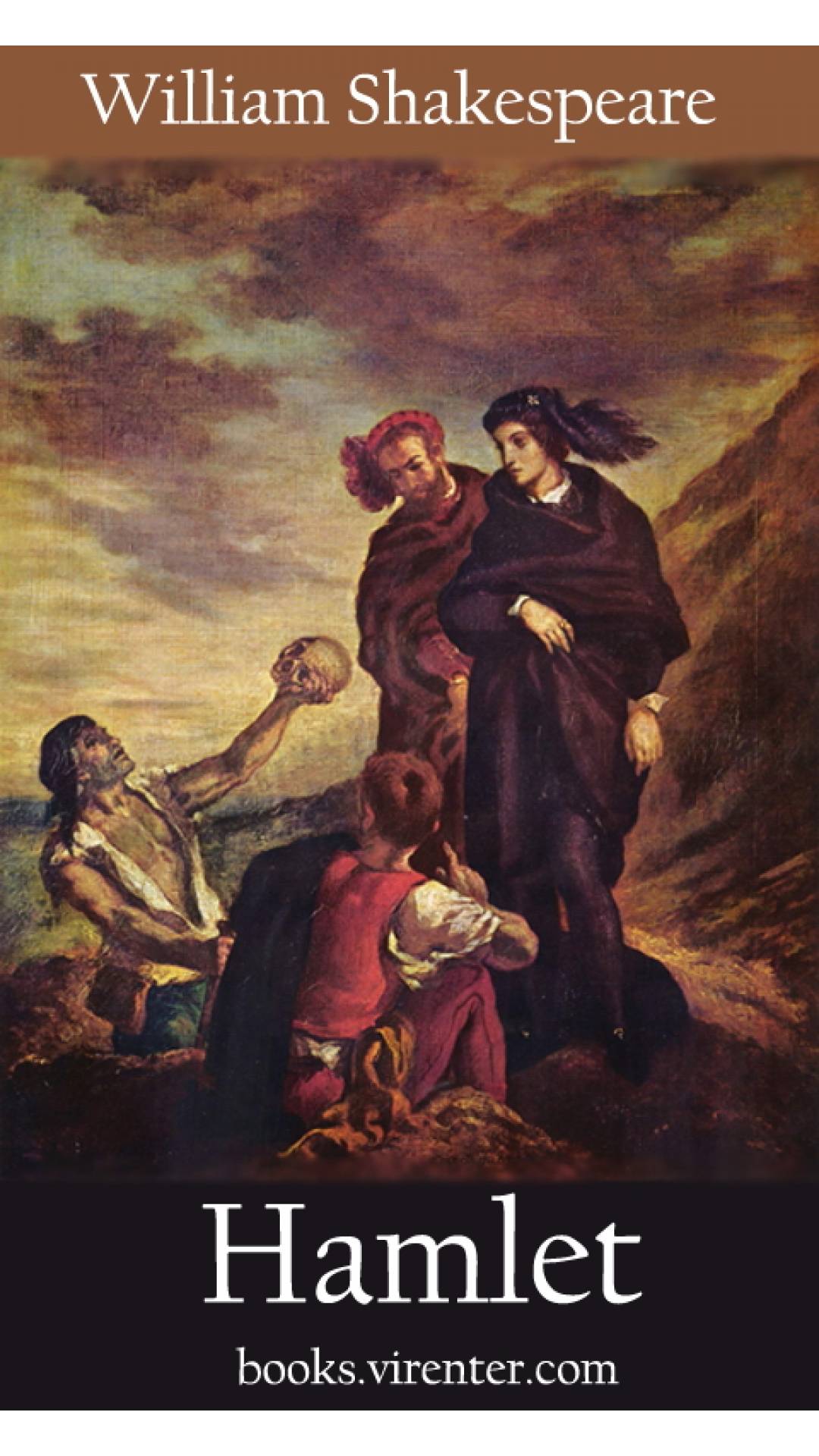Download free book'The Tragedy of Hamlet'
William Shakespeare
The Tragedy of Hamlet
Series: The Greatest World Books
The play, set in Denmark, recounts how Prince Hamlet exacts revenge on his uncle Claudius, who has murdered Hamlet's father, the King, and then taken the throne and married Hamlet's mother. The play vividly charts the course of real and feigned madness—from overwhelming grief to seething rage—and explores themes of treachery, revenge, incest, and moral corruption. Considered one of the greatest plays in literary history, Hamlet continues to captivate audiences with its exploration of human nature and the consequences of vengeance. Dive into this legendary work and experience the brilliance of Shakespeare’s storytelling firsthand.

Few plays in literary history have had as profound an impact as Hamlet, one of William Shakespeare’s most celebrated tragedies. Written around 1600, this play explores themes of revenge, madness, fate, and the human condition. With its powerful soliloquies and unforgettable characters, this play remains a cornerstone of English literature and theater, continuing to be performed and analyzed centuries after its creation. The story begins with Prince Hamlet of Denmark mourning the sudden death of his father, King Hamlet. His grief deepens when he learns that his mother, Queen Gertrude, has quickly married his uncle, Claudius, who has seized the throne. Soon, the ghost of King Hamlet appears to his son, revealing that he was murdered by Claudius. Hamlet vows revenge but is torn between action and hesitation, leading to a spiral of madness, deception, and tragedy. As Hamlet feigns insanity to uncover the truth, he manipulates those around him, including Ophelia, whom he once loved. His indecision leads to disastrous consequences, including the deaths of Polonius, Ophelia, Rosencrantz, and Guildenstern. The climax unfolds in a dramatic duel where Hamlet, Laertes, Claudius, and Gertrude all meet their fate in a bloody conclusion. Hamlet is rich with themes that continue to resonate with audiences today. One of its central themes is the struggle between action and inaction—Hamlet’s hesitation in avenging his father’s death leads to his ultimate downfall. The play also delves into the nature of madness, as Hamlet’s feigned insanity blurs the line between pretense and reality. Another important theme is existentialism. The famous "To be or not to be" soliloquy reflects Hamlet’s deep contemplation of life, death, and the fear of the unknown. Shakespeare also employs symbolism, such as the skull of Yorick, which serves as a powerful reminder of mortality and the fleeting nature of life. Shakespeare’s Hamlet is a masterpiece of poetic language and psychological depth. The play’s soliloquies offer profound insights into the human psyche, making it one of the most quoted works in history. Its exploration of philosophical and ethical dilemmas has influenced countless works of literature, film, and philosophy. Despite being over 400 years old, this book remains relevant in contemporary discussions on morality, politics, and the consequences of revenge. Its adaptability has led to numerous interpretations on stage and screen, showcasing its enduring appeal. Hamlet is more than just a play; it is a meditation on life, death, and choices we make. It challenges readers and audiences to think critically about power, justice, and the complexities of human emotions. Whether you are a literature student, a theater enthusiast, or simply someone who appreciates classic works, Hamlet is a must-read. With its timeless themes, rich symbolism, and unforgettable characters, Hamlet continues to be one of the most influential tragedies ever written. If you haven’t yet delved into this Shakespearean masterpiece, now is the perfect time to experience the intrigue, drama, and philosophical brilliance that this play offers.Hamlet – Shakespeare’s Timeless Tragedy of Revenge and Fate
Introduction
Plot Overview
Themes and Symbolism
Literary Significance
Why You Should Read It
Conclusion